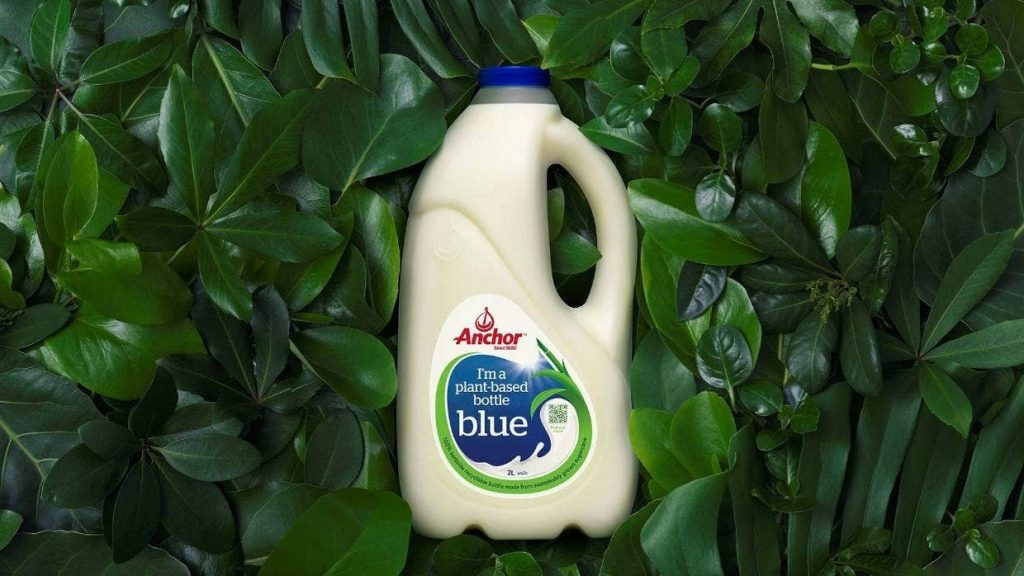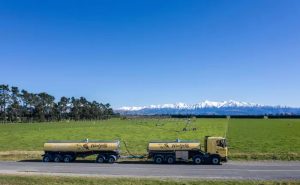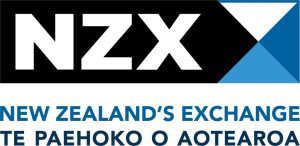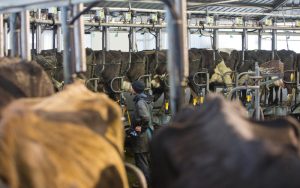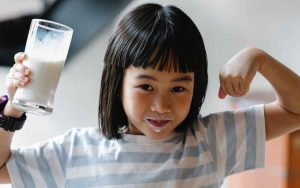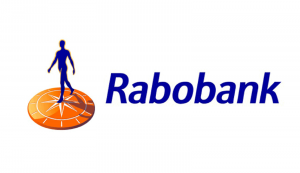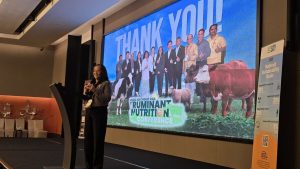
From October 13, Anchor Blue will be available in recyclable two-litre bottles made from sugarcane.
The sugarcane is natural, renewable and sustainably sourced in Brazil, one of the largest growers of sugarcane.
In addition, the plant captures carbon dioxide from the atmosphere as it grows, resulting in a bottle that has a lower carbon footprint.
The sugarcane is used to make the plant-based HDPE plastic in Brazil and the 100 per cent kerbside recyclable bottles are then made in New Zealand.
They can also be recycled here, along with the traditional HDPE cap.
Fonterra Brands New Zealand managing director Brett Henshaw said sustainability was important to Kiwis and the co-operative wanted to offer consumers an option to make change for good.
“This plant-based milk bottle is an important component in Fonterra’s wider sustainability strategy.
“We have also committed to moving towards renewable energy in transport and manufacturing and finding ways to manage and reduce our emissions over the whole supply chain.”
The introduction of the plant-based bottles reflects Fonterra’s commitment to make all its packaging reusable, recyclable or compostable by 2025.
The plant-based milk bottles will initially be available in the North Island, with a view to expand distribution and use based on consumer response.
Anchor will launch with 300,000 Blue two-litre bottles per month.
An independent life cycle assessment of the bottles found the plant-based HDPE had a lower carbon footprint than conventional fossil fuel-based HDPE, which most plastic milk bottles in New Zealand are made from.
According to research from the Sustainable Business Council, sustainability is becoming increasingly important for everyday New Zealanders, with 71 per cent of Kiwis actively researching the sustainability practices of brands before making a purchase.
The new Anchor plant-based Blue 2L bottle is available in leading supermarkets, dairies and convenience stores and cafés across the North Island.
Although the sugarcane industry has been the subject of criticism over human rights abuses, Anchor said cultivation of the plants used to make its bottles followed Brazilian law and the rules and labour conditions set out by the International Labour Organisation.
An Anchor spokeswoman said its sugarcane-based HDPE supplier had also implemented a code of conduct for ethanol suppliers which defines the rights of workers and ensures them a better quality of life.
Anchor has also joined Bonsucro, a global non-profit organisation which promotes and certifies sustainable sugarcane production, processing and trade.
